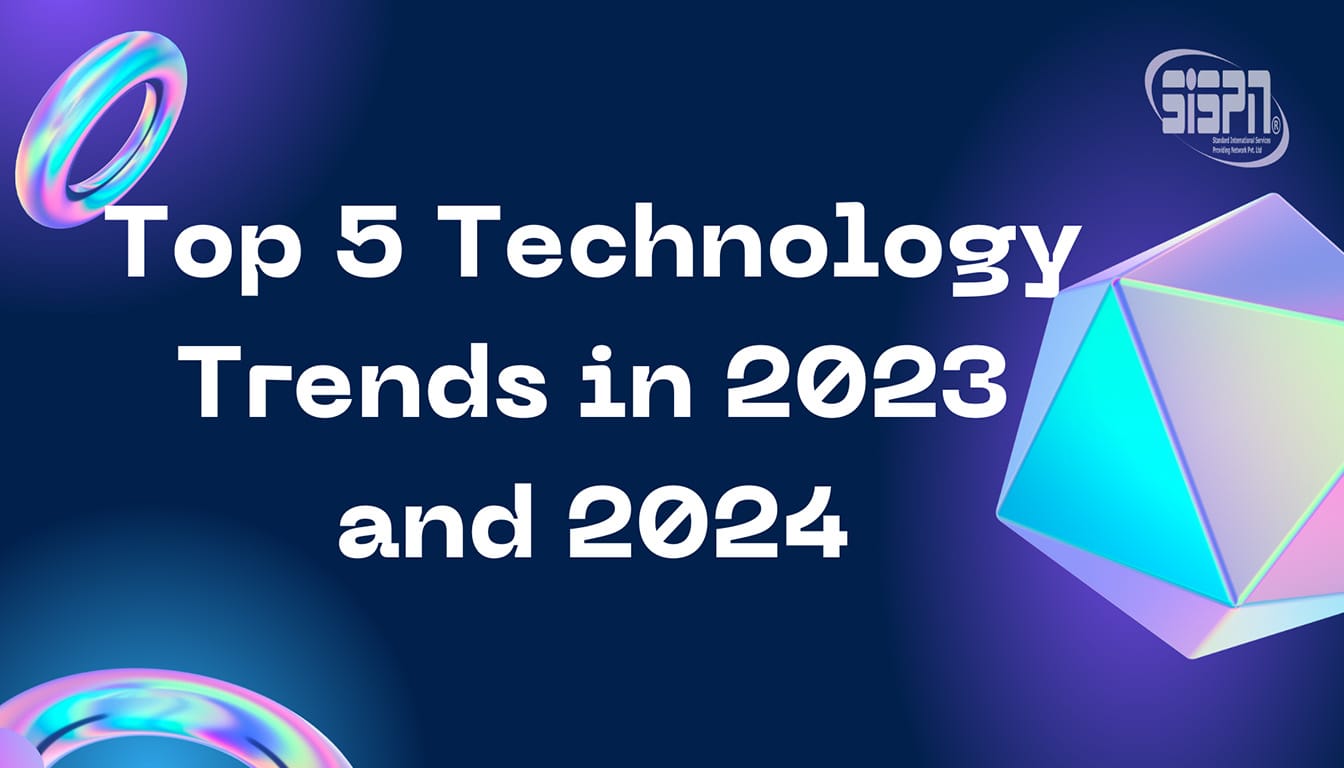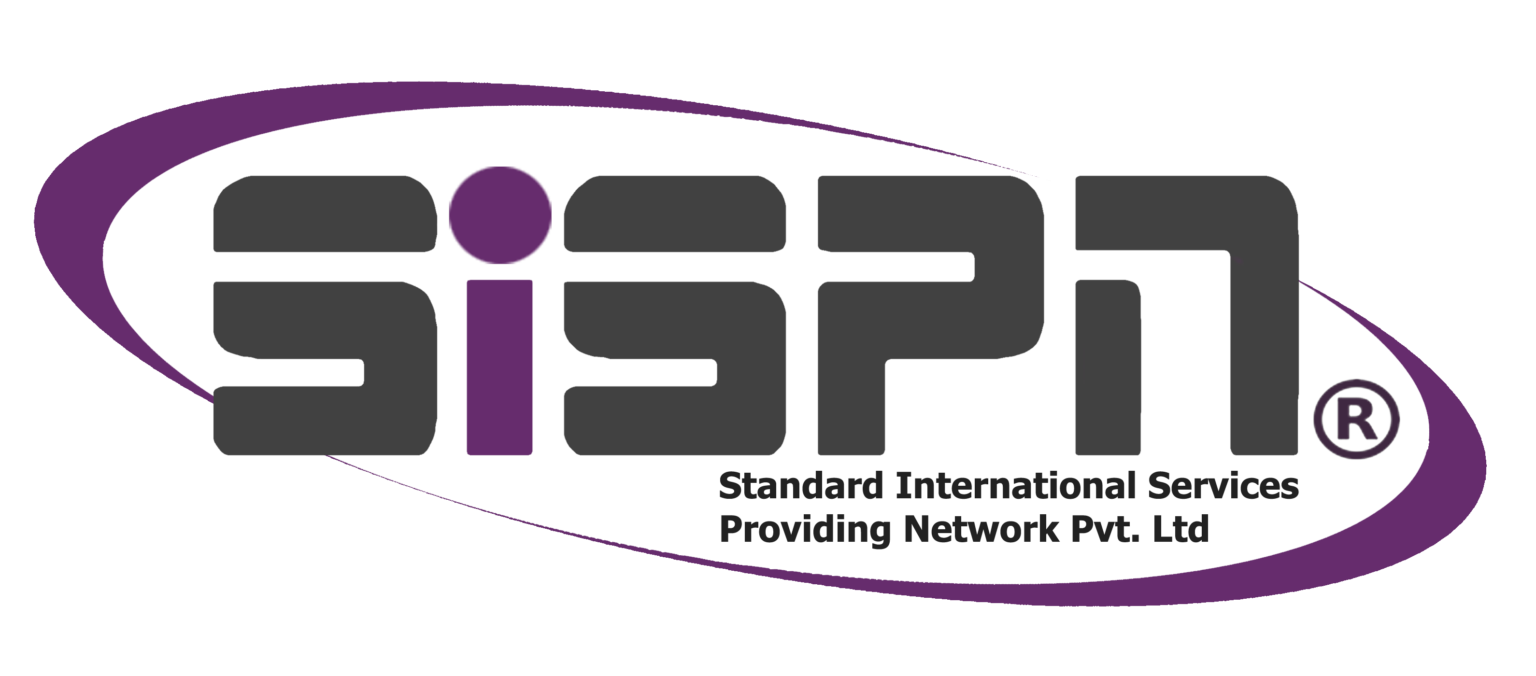
Artificial Intelligence (AI) and Machine Learning (ML) continue to dominate the tech landscape. These technologies are becoming more integrated into our daily lives and revolutionizing various sectors.
A: In 2024, significant AI advancements include more sophisticated virtual assistants, enhanced predictive analytics, and major strides in healthcare applications such as early disease detection and personalized treatment plans.
Q2: How will 5G change the way we use the internet?
A: 5G will revolutionize internet usage by offering faster data speeds, lower latency, and more reliable connections. This will enable seamless streaming, improved video conferencing, enhanced AR and VR experiences, and support for a vast number of IoT devices.
Q3: How does blockchain improve supply chain management?
A: Blockchain enhances supply chain management by providing transparency, traceability, and security. It allows tracking of products from origin to consumer, reducing fraud, ensuring authenticity, and increasing efficiency through immutable and verifiable records.
Q4: What are the ethical concerns surrounding gene editing?
A: Ethical concerns in gene editing include potential unintended consequences, the possibility of creating genetic inequalities, the moral implications of altering human genetics, and the risk of “designer babies.” There are also concerns about consent, particularly for future generations affected by genetic modifications.
Introduction
Keeping up with the latest technology trends is crucial in today’s fast-paced world. In 2023, several groundbreaking advancements are set to shape our future. From artificial intelligence to biotechnology, these trends are not just buzzwords but powerful forces that will transform industries and daily life. In this article, we’ll dive into the top five technology trends of 2023, exploring their impact and potential.1. AI in Daily Life
- AI in Personal Assistants
- AI in Smart Homes
Advancements in Machine Learning
- Predictive Analytics
- ML in Healthcare
2. 5G Technology Expansion
5G technology is set to revolutionize communication and connectivity. Its high speed and low latency are opening new possibilities across various industries.What is 5G?
- Basics of 5G
- Differences from 4G
Impact on Industries
- Telecommunications
- Internet of Things (IoT)
3. Quantum Computing Breakthroughs
Quantum computing is no longer just a theoretical concept. In 2023, it has made significant strides, bringing us closer to solving complex problems that are beyond the reach of classical computers.Understanding Quantum Computing
- How Quantum Computing Works
- Potential Applications
Current Achievements
- Milestones in 2023
- Future Prospects
4. Blockchain and Decentralized Finance (DeFi)
Blockchain technology, the backbone of cryptocurrencies, is finding applications beyond digital currencies. In 2023, it’s playing a pivotal role in various sectors, including finance, supply chain management, and governance.Blockchain Beyond Cryptocurrencies
- Use in Supply Chain Management
- Application in Voting Systems
Growth of DeFi
- Popular DeFi Platforms
- Security Concerns and Solutions
5. Advances in Biotechnology
Biotechnology is making leaps in medical science, offering new hope for treating and preventing diseases. The focus in 2023 is on gene editing and personalized medicine.Gene Editing Technologies
- CRISPR and Beyond
- Ethical Considerations
Personalized Medicine
- Tailored Treatments
- Impact on Healthcare
Conclusion
Staying updated with technology trends is essential for both individuals and businesses. The top five technology trends of 2023—AI and ML, 5G, quantum computing, blockchain and DeFi, and biotechnology—are shaping our future in remarkable ways. Embracing these trends will not only keep you ahead of the curve but also open up new opportunities and possibilities.FAQs
Q1: What would be the most significant AI advancements in 2024?A: In 2024, significant AI advancements include more sophisticated virtual assistants, enhanced predictive analytics, and major strides in healthcare applications such as early disease detection and personalized treatment plans.
Q2: How will 5G change the way we use the internet?
A: 5G will revolutionize internet usage by offering faster data speeds, lower latency, and more reliable connections. This will enable seamless streaming, improved video conferencing, enhanced AR and VR experiences, and support for a vast number of IoT devices.
Q3: How does blockchain improve supply chain management?
A: Blockchain enhances supply chain management by providing transparency, traceability, and security. It allows tracking of products from origin to consumer, reducing fraud, ensuring authenticity, and increasing efficiency through immutable and verifiable records.
Q4: What are the ethical concerns surrounding gene editing?
A: Ethical concerns in gene editing include potential unintended consequences, the possibility of creating genetic inequalities, the moral implications of altering human genetics, and the risk of “designer babies.” There are also concerns about consent, particularly for future generations affected by genetic modifications.
Recent Blogs
Kingschance Casino Vérification KYC Documents Définitions et Délais
Tariq
January 27, 2026
Kings Chance casino aperçu des jeux éditeurs et fonctionnalités
Tariq
January 27, 2026
Vegasino Notifications Push et Alertes Personnalisées
Tariq
January 27, 2026
Betify Casino France Service Client Francophone 24h7j
Tariq
January 27, 2026
Как 1хбет вход влияет на личные профили игроков?
SISPNTechnology
January 26, 2026
Как скачать 1xbet зеркало на iOS и Android устройствах?
SISPNTechnology
January 25, 2026
Как делать безопасные транзакции на 1xbet казино
SISPNTechnology
January 25, 2026

